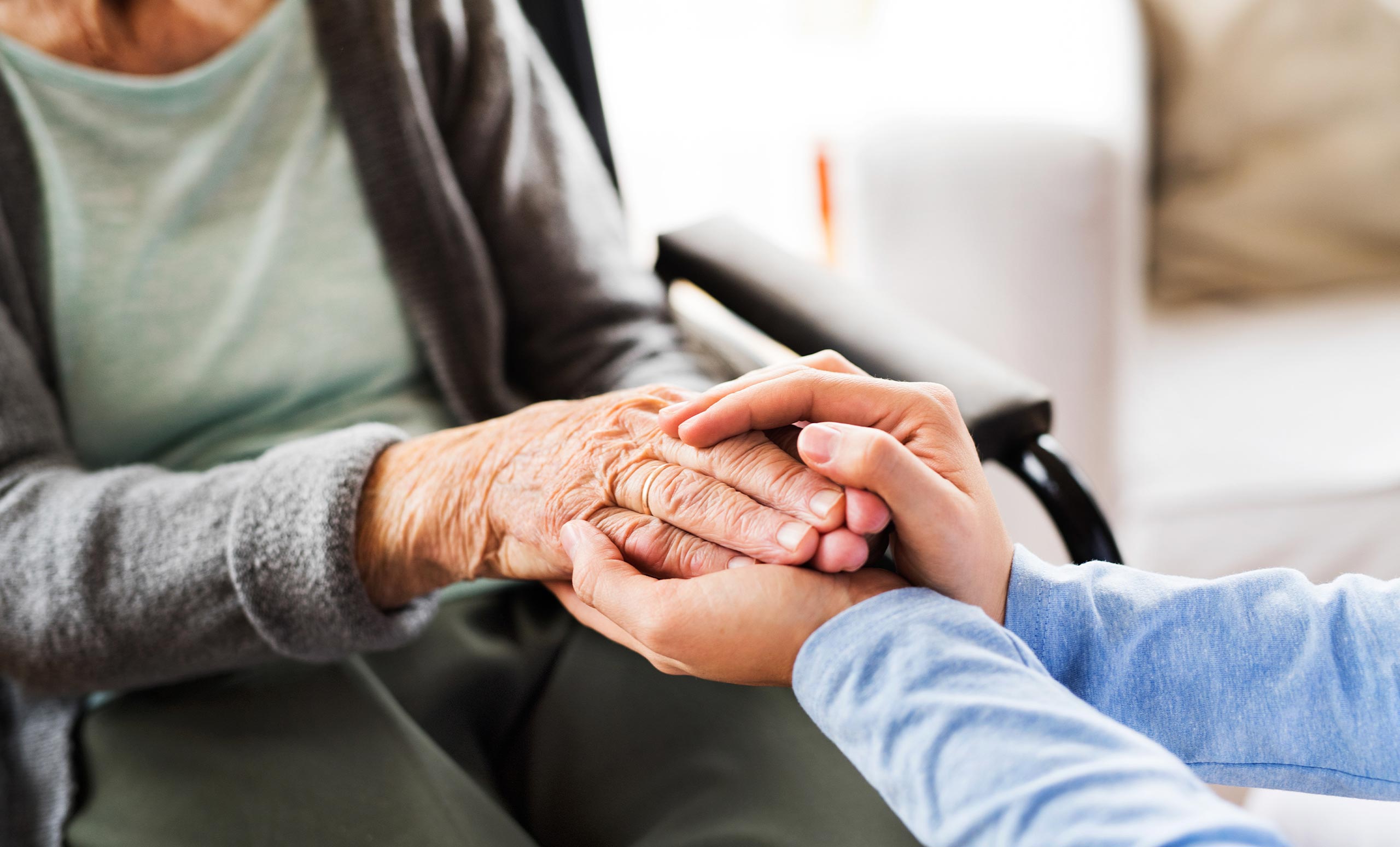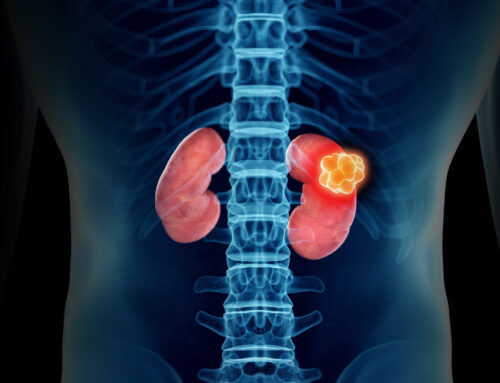November comes with a particular focus, not only on our nation’s veterans but on the family caregivers who selflessly dedicate themselves to supporting these heroes as well. National Family Caregivers Month is a time to honor, recognize, and support the individuals who provide invaluable care to military veterans. For many caregivers, this role goes far beyond basic assistance; it includes emotional support, medical care coordination, and advocacy for their loved ones, often at a considerable personal sacrifice.
History of National Family Caregivers Month
The official observance of National Family Caregivers Month started in 1994 when then-President Bill Clinton signed the first proclamation for this annual event. This designation represents a public acknowledgment of the critical role family caregivers play in our society. Since then, November has highlighted the tireless work of millions of caregivers, particularly those supporting veterans who often need specialized care due to service-related injuries or conditions. Today, it continues to remind us of the profound impact these caregivers have and the importance of offering them the support they need to continue their essential work.

Observing National Family Caregivers Month
Recognizing and supporting family caregivers is essential, and there are many ways to observe National Family Caregivers Month. Here are some meaningful actions to take:
Support for Family Caregivers of Veterans in Hospice Care
Veterans often face particular health challenges due to their service, which may require end-of-life care. Family caregivers are integral for hospice patients, managing the daily care of veterans, supporting them emotionally, and ensuring they receive respectful and compassionate hospice care. During National Family Caregivers Month, it is especially meaningful to recognize the significance of their contributions in these contexts.
Programs like the Veterans Family Caregiver Program offer specialized support to family caregivers of veterans. This program provides training, financial assistance, and mental health services to help caregivers manage the unique needs of their loved ones. The program aims for caregivers to provide the best possible care and helps make the transition to hospice care smoother for both veterans and their families. By alleviating some of the stress and financial burdens of caregiving, the Veterans Family Caregiver Program enables caregivers to focus on what matters most: the well-being and comfort of their loved ones.

Hospice Care Benefits for Veterans
For veterans facing the end of life, hospice care can provide comfort, dignity, and a supportive environment for both them and their families. Hospice care benefits include pain management, counseling, and assistance with daily tasks, all of which ease the burden on family caregivers. Family caregivers often find that hospice support helps them provide the best possible care without compromising their own health and well-being.
Hospice services are especially valuable to veterans who may struggle with conditions related to their military service, such as PTSD, chronic pain, or limited mobility. Skilled hospice professionals trained in addressing these specific challenges work alongside family caregivers to ensure veterans receive compassionate, comprehensive care in their final days. Observing National Family Caregivers Month reminds us of the immense value of this partnership between hospice care providers and family caregivers.
At Ascend Hospice Care, National Family Caregivers Month is an opportunity to acknowledge and support these dedicated individuals. Through training, emotional support, and practical assistance, we aim to ease the demands on caregivers, helping them focus on their loved ones’ comfort and dignity.
Supporting Family Caregivers
Here are some ways to offer support beyond November:
Observing Veterans Day with Caregivers in Mind
As we thank those who served, let us remember the loved ones who work tirelessly to make sure that veterans receive the care and respect they deserve. This month is about honoring veterans and acknowledging the dedication of those who stand by them every step of the way.
As we recognize their dedication during this month, it is essential to remember that their support needs extend far beyond November. By raising awareness, showing gratitude, and advocating for caregiver programs, we can help these unsung heroes receive the acknowledgment and resources they deserve today and in the future.




